By Emily Setona
QWAQWA – Various perspectives emerged during the Electoral Commission of South Africa’s (IEC) e-voting campaign engagement held at the Phuthaditjhaba Multipurpose Hall on Thursday, 18 September 2025. The session formed part of a six-month national dialogue aimed at gathering citizens’ inputs on the future of electronic voting in the country.
National assistant manager at the IEC, Mmakgabo Ramatlhodi, emphasised that the decision to explore e-voting does not rest solely with the Commission.“This is not the IEC’s decision, but that of the people of South Africa. We are here to listen and compile a report based on citizens’ views,” he said.
Concerns from Traditional LeadersTraditional leaders expressed caution, noting that public trust is essential if electronic voting is to be accepted. Morena Mokgalaka Sekonyela questioned how e-voting might affect employment opportunities.
“During elections, many unemployed young people are hired by the IEC. Will e-voting reduce these opportunities when unemployment is already so high in our communities?” he asked.
He further highlighted concerns about cyber security, electricity shortages, and unreliable network coverage in Maluti-a-Phofung.“These issues keep people awake at night. We are not against technology, but these challenges must be addressed,” he added.
Calls for Training and Capacity Building
The issue of staff training was also raised. Mamorongwa Mositi said the IEC must adequately prepare its staff to handle the system and assist voters.
“Past experiences show that many staff members don’t understand the systems they were using, which makes voting difficult for citizens,” she said.
Community members suggested that a single day for voting may not be sufficient, and that IEC staff should be properly capacitated rather than employed just for the sake of hiring.
Youth Perspectives
The youth sector voiced both enthusiasm and caution. Abel Ndaba, from Southern African Youth Clubs, said young people are eager to be part of the process.
“The IEC must not only engage youth during election campaigns. We are available, ready to be trained, and willing to work with the Commission. E-voting could also attract more young voters,” Ndaba said.
Nomvula Lakaje, also representing the youth, echoed concerns about local infrastructure.“I am not against technology, but poor electricity, weak networks, and past challenges with online registration make us question whether e-voting can work in Maluti-a-Phofung,” she said.
International Lessons
Ramatlhodi responded to concerns by pointing out that countries that abandoned e-voting did so for different reasons.
The DRC reverted to traditional voting due to issues of public trust. Ireland faced legislative challenges. The Netherlands struggled with cyber security. Germany discontinued e-voting due to unreliable systems.
“As the IEC, we are conducting research and learning from countries that continue to use e-voting systems as well as those that have reverted to traditional methods. This will help us avoid repeating the same mistakes when the time comes for the people to decide, and to ensure that the Commission is fully prepared. For now, the upcoming local elections will still be conducted using the traditional voting method,” Ramotlhodi reiterated.
Provincial IEC manager Itumeleng Liba assured participants that the Commission has learned from past challenges, particularly instances of misuse of devices for multiple registrations.
“Should e-voting be implemented, strict measures such as one OTP, one device, and one vote will be in place,” Liba said.
He noted that while creating jobs remains important, the IEC must also ensure that staff are skilled enough to operate voting systems effectively. Liba further stressed that results must be released as quickly as possible and that any system adopted should be tested and trusted not only by the IEC but also by political parties and their experts.
The engagement highlighted both optimism and caution around the possibility of introducing electronic voting in South Africa. While some see opportunities for youth involvement and faster results, others worry about cyber security, infrastructure, and potential job losses. The IEC will continue consultations across the country before compiling a final report for consideration.









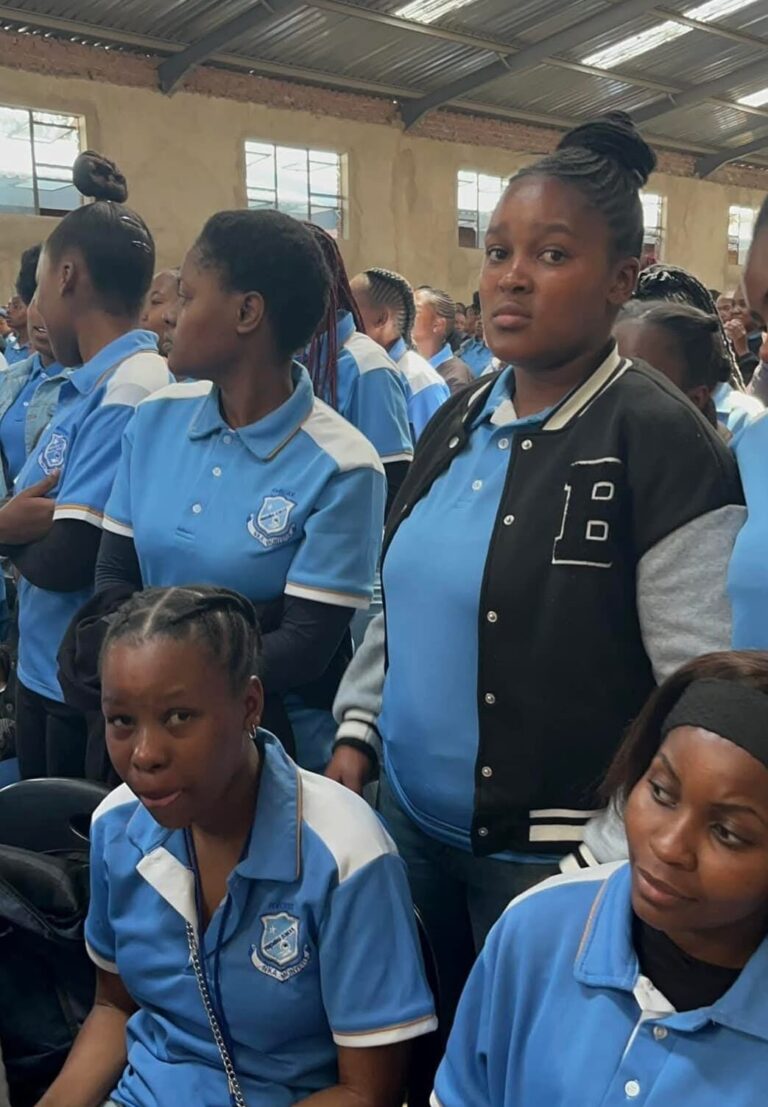
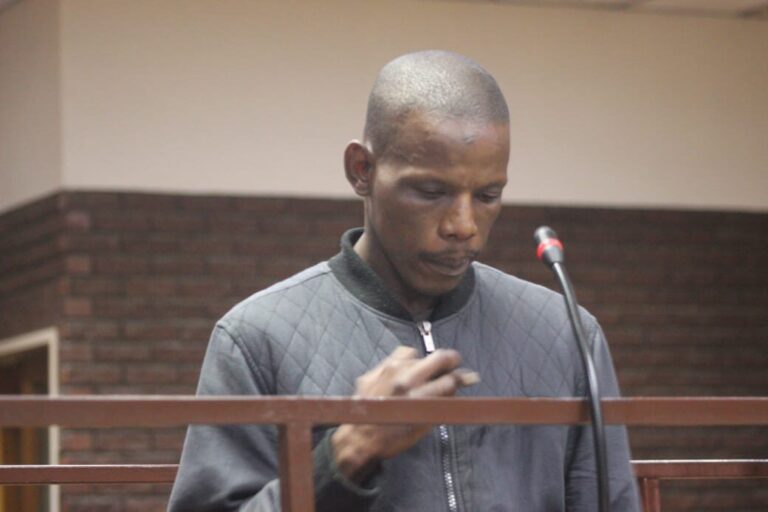



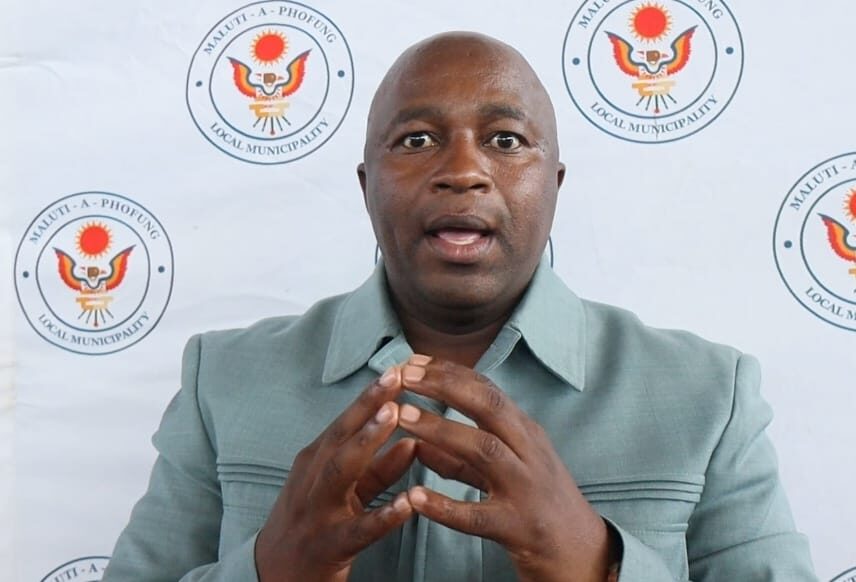
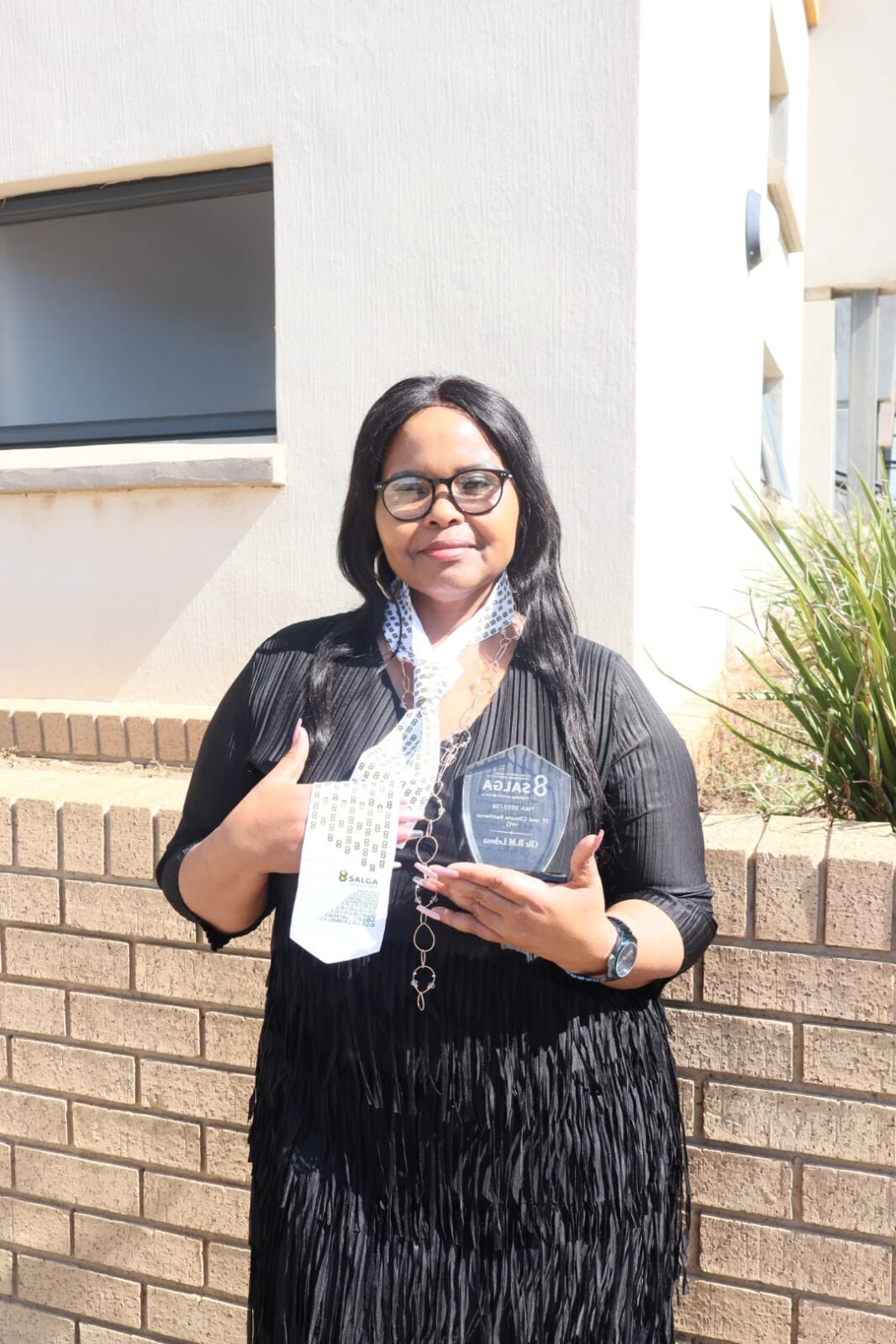
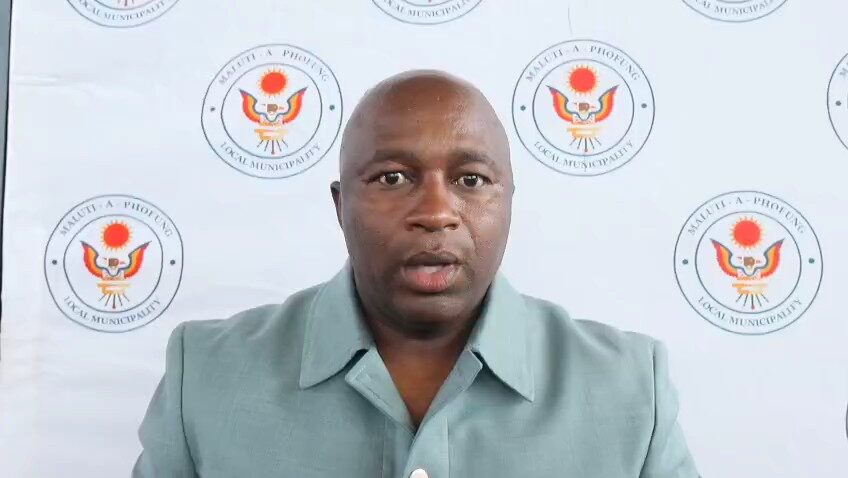
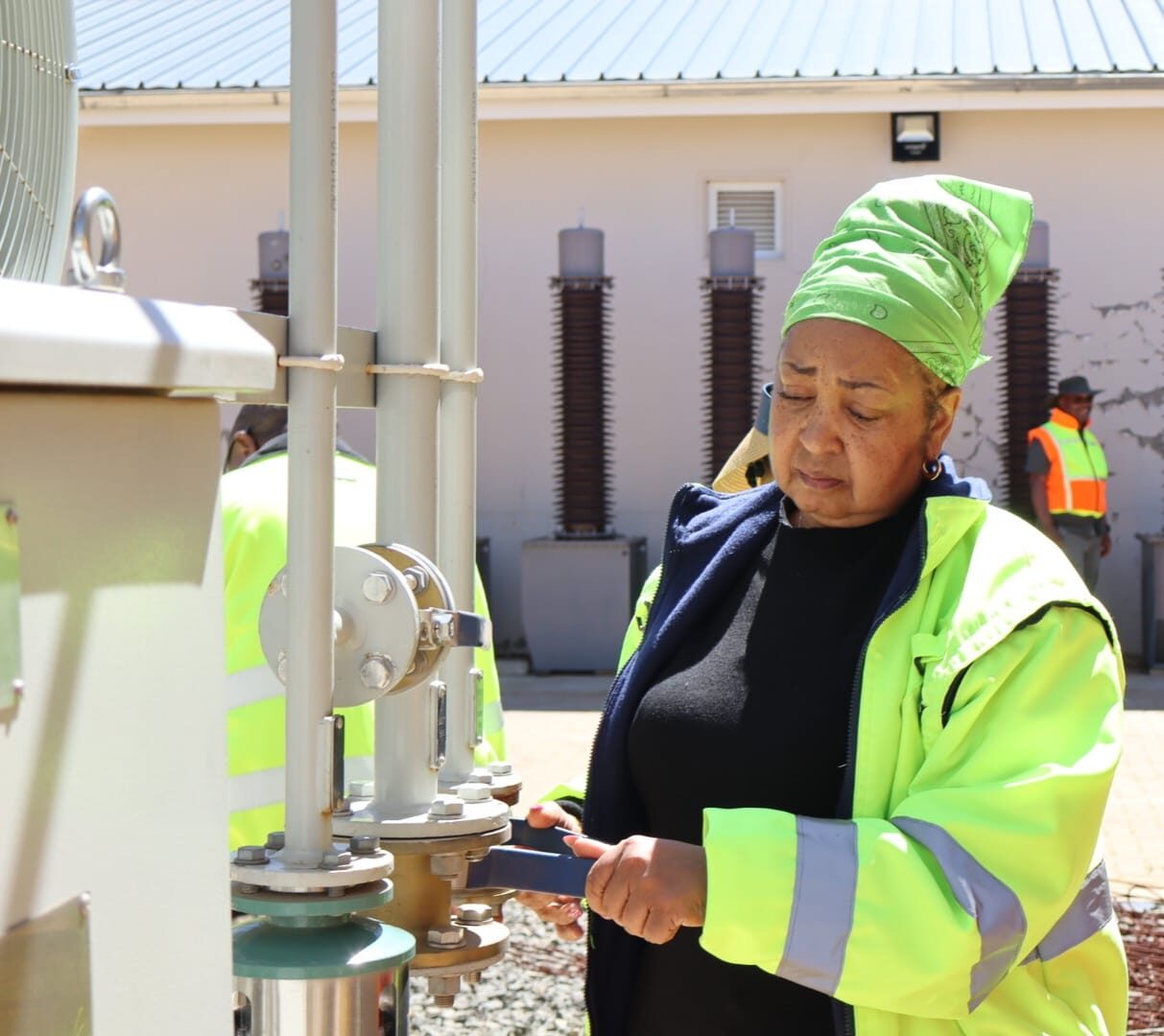




One Response
Well covered Emily. You did a great job,❤❤❤